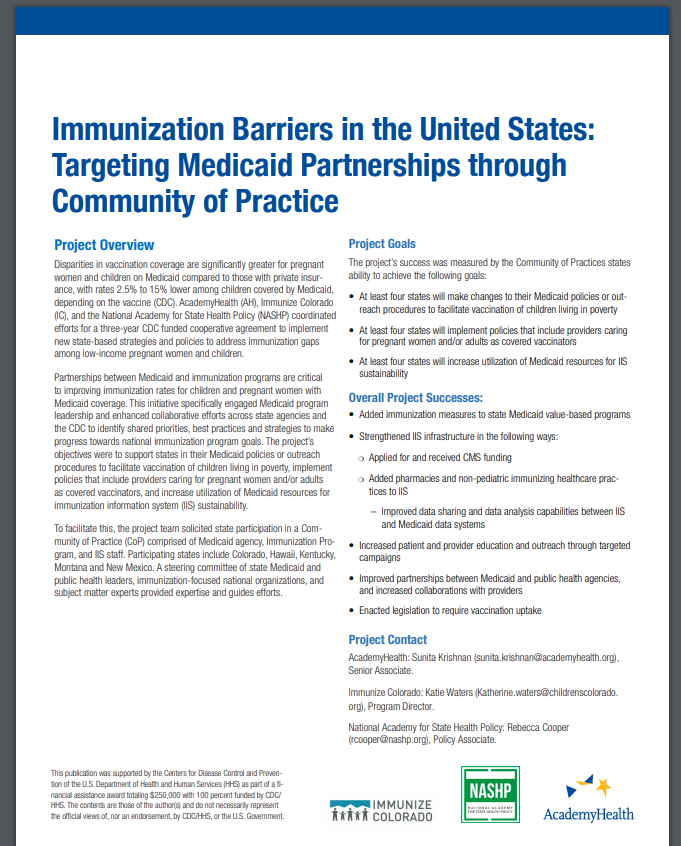
4,14 Individuals who believe the seriousness of COVID-19 has been exaggerated perceive the risk of vaccination to be greater than the risk of infection. 10,13 Some Israeli HCWs, as well as some Americans and Canadians in the general population, have expressed a preference for physiologic immunity, rather than obtaining immunity via vaccination. Herd immunity can be achieved through vaccination or via previous infections, which eventually lead to natural or physiological immunity. The increased availability of vaccine safety and efficacy data may be a factor in the increased acceptance of the vaccine in recent months. Government, public health agencies, and private health care systems can work together to provide accurate information about the vaccines to HCWs. But the first successful use of mRNA technology in animals was reported more than 30 years ago, and tremendous mRNA advances have been made over the past decade. 3įor instance, concerns about the speed of COVID-19 vaccine development are often based on the mistaken belief that mRNA technology - used for the first two COVID-19 vaccines authorized in the U.S. Among HCWs, knowledge of a specific vaccine increased their willingness to recommend that vaccine. However, there is evidence that vaccine data can help assuage these concerns. 11 Still, the condensed timeline in which the vaccines were developed and received EUA has raised safety and efficacy concerns for some HCWs. While the COVID-19 vaccines are not yet fully approved for commercial use by the Food and Drug Administration (FDA), the FDA has issued Emergency Use Authorization (EUA) of several vaccines due to the public health emergency, based on data from clinical trials that included tens of thousands of participants. The following are four reasons for HCW vaccine hesitancy, and ways to counter them. 8,9 Although this is encouraging, achieving herd immunity may require a higher proportion of the population to be vaccinated. 5-7 Among the general population, surveys indicate that the percentage of Americans who don’t intend to get vaccinated declined from September to December 2020 (from 38% to 32% in one survey and 34% to 27% in another).

HCWs said they were willing to take the vaccine as soon as it became available (56% said they were not sure and would wait to review more data).

4 Low acceptance rates were also observed among Hong Kong nurses in two studies, and in late 2020, only 36% of U.S. 3 Understanding and addressing HCWs vaccination attitudes is crucial to promoting COVID-19 vaccine acceptance and can provide important lessons for other infectious disease crises.Ī survey in Israel indicated that the percentage of people who intended to obtain a COVID-19 vaccine was 78% among physicians, 61% among nurses, and 75% in the general population. Vaccinated HCWs are more likely to recommend vaccination to others. 2 Not only are HCWs at increased risk of contracting and transmitting disease, but they also have a potentially powerful influence on patient vaccination decisions. Especially concerning is vaccine hesitancy among health care workers (HCWs), including doctors and nurses as well as those who deliver indirect care and services (aides, helpers, laboratory technicians, and even medical waste handlers). 1 Rejection of the COVID-19 vaccine lessens the probability of herd immunity and could extend the pandemic. The World Health Organization (WHO) has identified vaccine hesitancy as a leading global health threat.


 0 kommentar(er)
0 kommentar(er)
